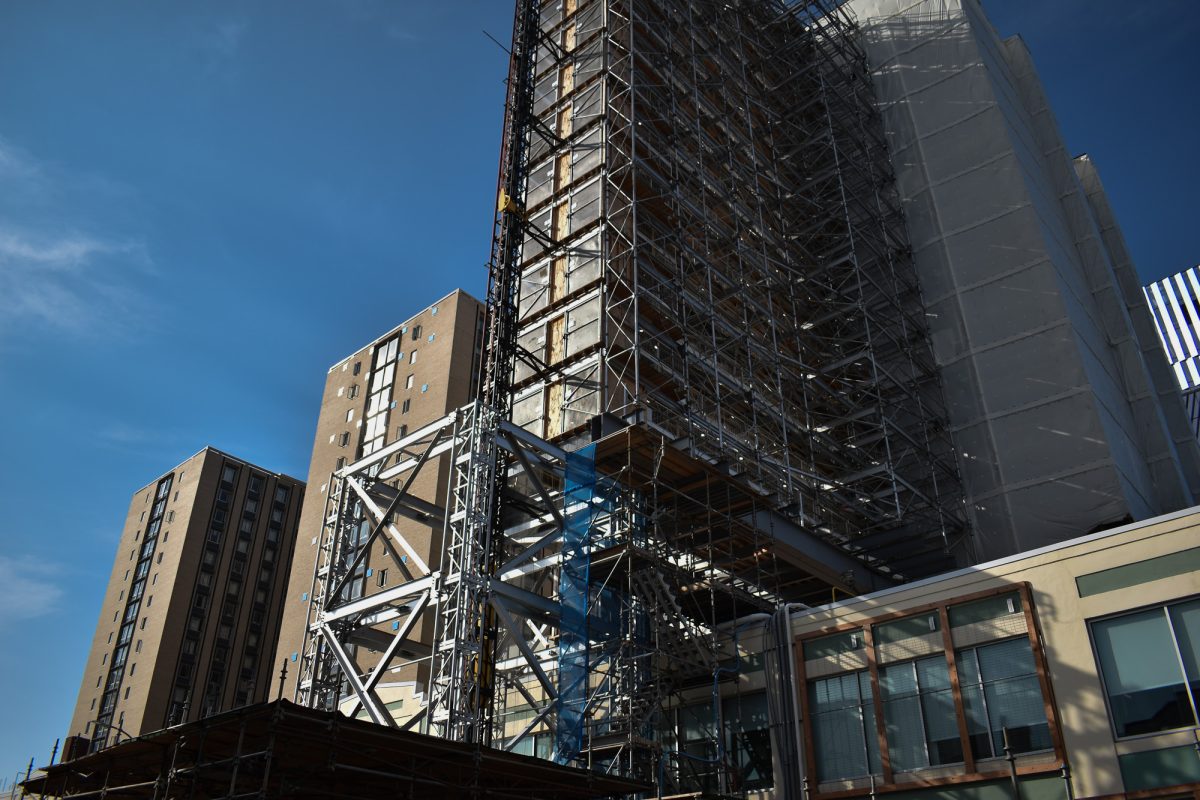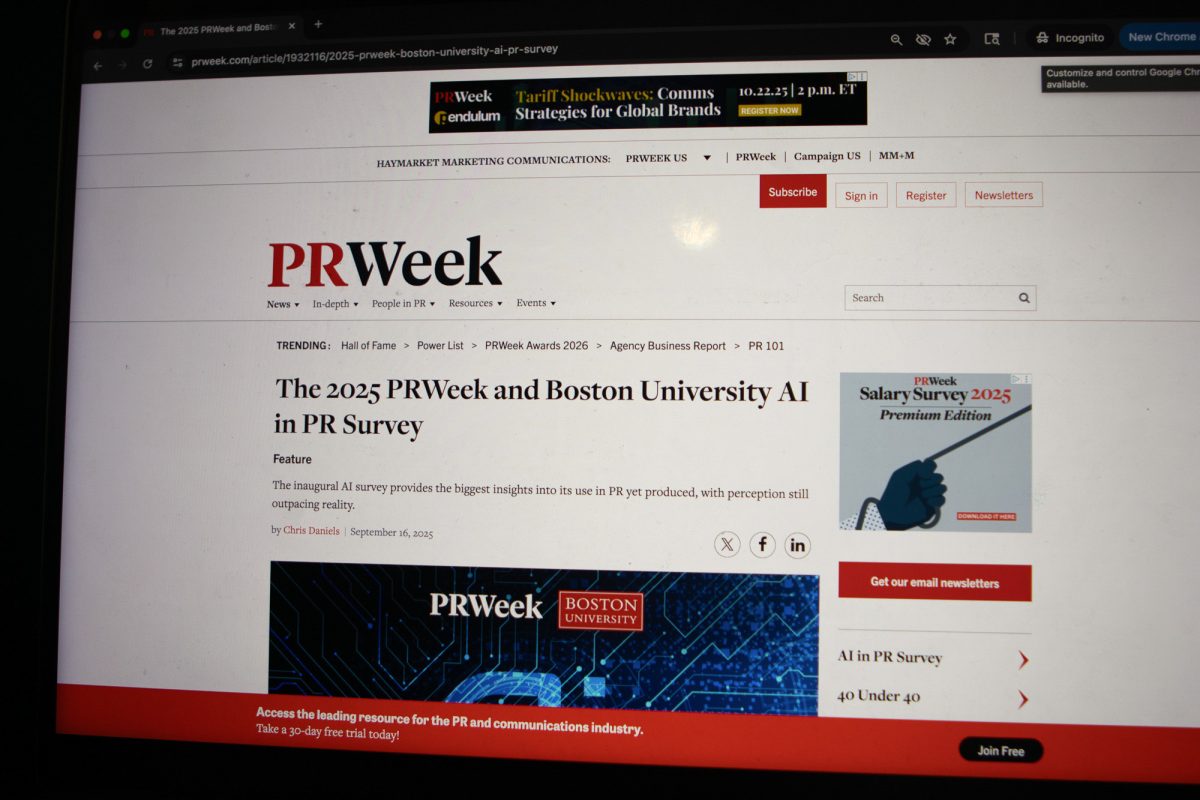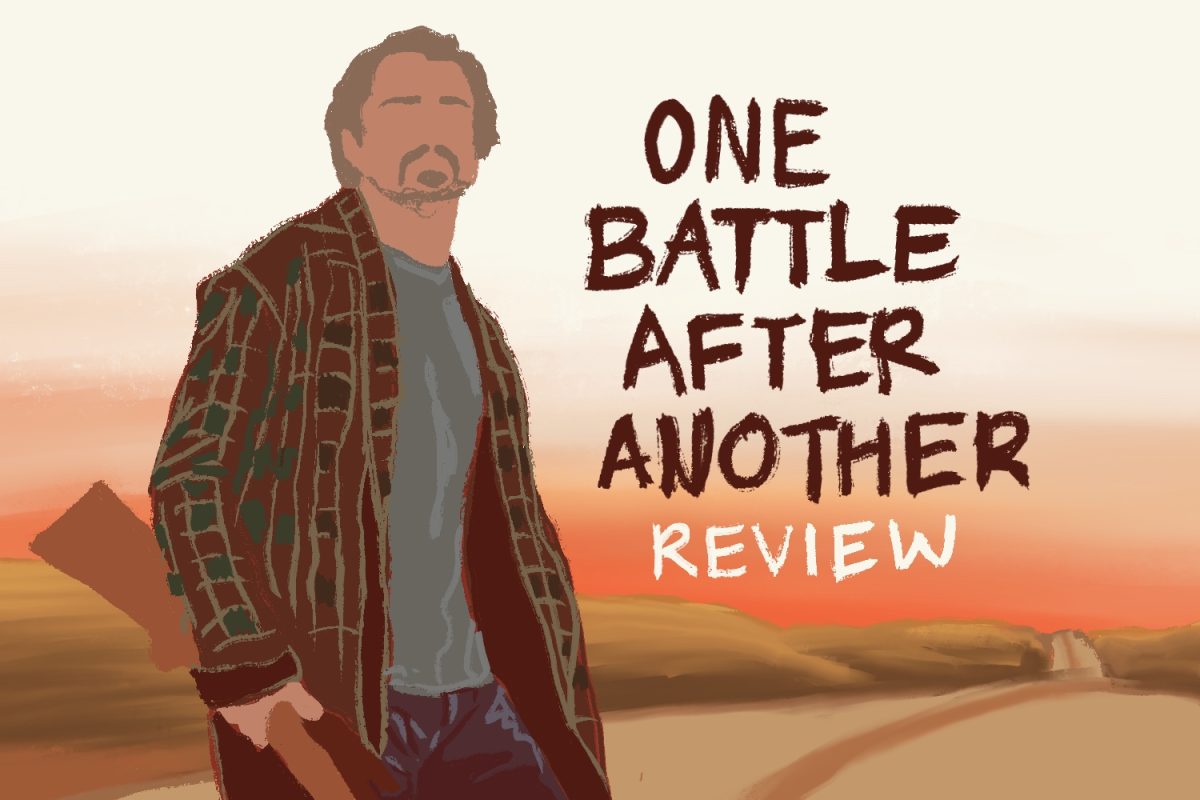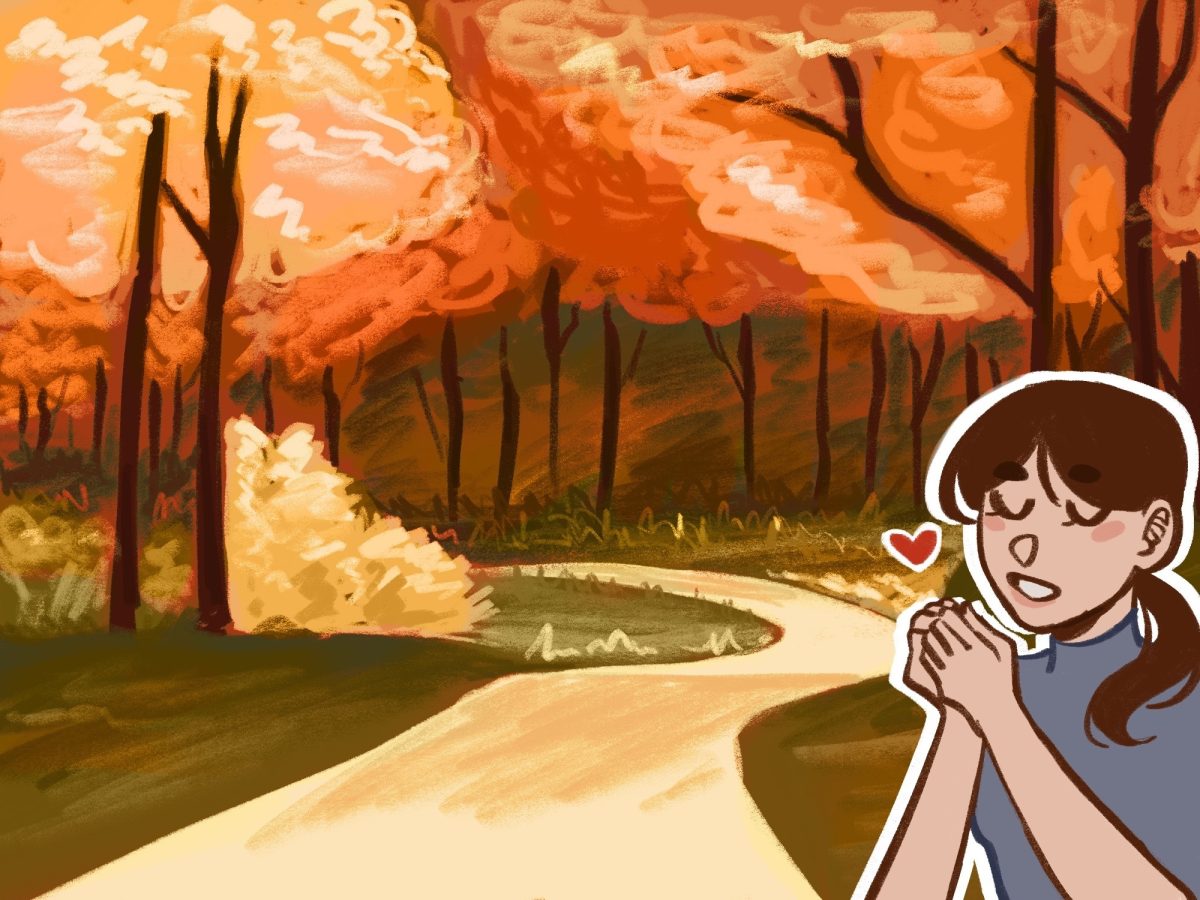This week, while I was browsing the internet to find a topic to write about, I stumbled upon an old tweet by British Petroleum asking its followers how they reduce their carbon footprint.
A quiz was attached to the tweet, and I took it because I was interested in seeing what my carbon footprint would be. Turns out, my annual emissions are around 5.33 metric tons, which is about 7 percent higher than the global average.
One factor is my consumption of red meat, which contributes to the increase in methane emissions from cows. I know it’s not good for the environment, and it’s something I will work on moving forward.
But, me eating red meat is not the point. Isn’t it ironic the perpetrators of the Deepwater Horizon oil spill, which dumped 134 million gallons of oil into the Gulf of Mexico, are asking me what I do to reduce my carbon footprint?
I was around 9 years old when that oil spill happened, so to be completely honest, I didn’t know what was going on. As a refresher for those who are also uninformed on the situation, the Deepwater Horizon oil spill was the largest in U.S. history.
BP substantially disrupted the environment of the Gulf of Mexico through its negligence and carelessness. An investigation found that employees on the Deepwater Horizon had ignored the early warning signs of potential malfunctions with the oil rig, so the company is truly at fault for this travesty.
The aftermath of the oil spill has been devastating to marine life in the Gulf of Mexico. In 2020, the success rate of dolphin births in places that had been affected by spill remains around 60 percent lower than in places that had not been.
Former BP CEO Tony Hayward had notoriously commented “I’d like my life back” after the oil spill that cost the lives of 11 of his workers, as well as irreparable damage to the Gulf of Mexico’s ecosystem. Hayward’s words were inappropriate and insensitive.
This all brings home the point that BP should not be asking what I can do to help stop climate change, because here’s my commitment: I pledge not to dump 134 million gallons of oil into the Gulf of Mexico. I pledge not to be a horrible, selfish and uncaring human being: Hayward.
The problem here is not just BP, but the whole oil and gas industry. Its power ultimately comes from its investors, among them Boston University.
Our school continues to invest its endowment in fossil fuels, thus polluting the futures of the very students it tries so hard to educate. In 2016, President Robert Brown committed to reevaluating every five years whether the University will choose to divest from fossil fuels. But the planet doesn’t have time to wait around for BU to realize what is right in regard to protecting our future.
Dragging our feet on this issue is not what the student body wants. We want divestment from fossil fuels now, not in a year. The Arctic and Antarctic ice sheets are melting now, not in a year. Climate change does not stop if you ignore it.
Companies the University invests in will continue to make mistakes, and it is only a matter of time before the next Deepwater Horizon happens. Corporations like BP don’t change — they care about their profits more than they care about the damage they cause from their negligence.
It is time we step up, make a change and demand our school divest from companies that destroy the environment.




















































































































